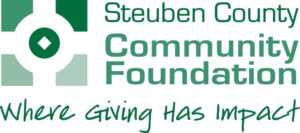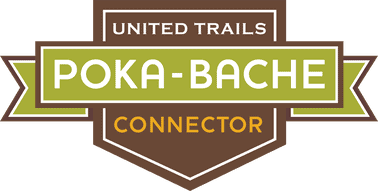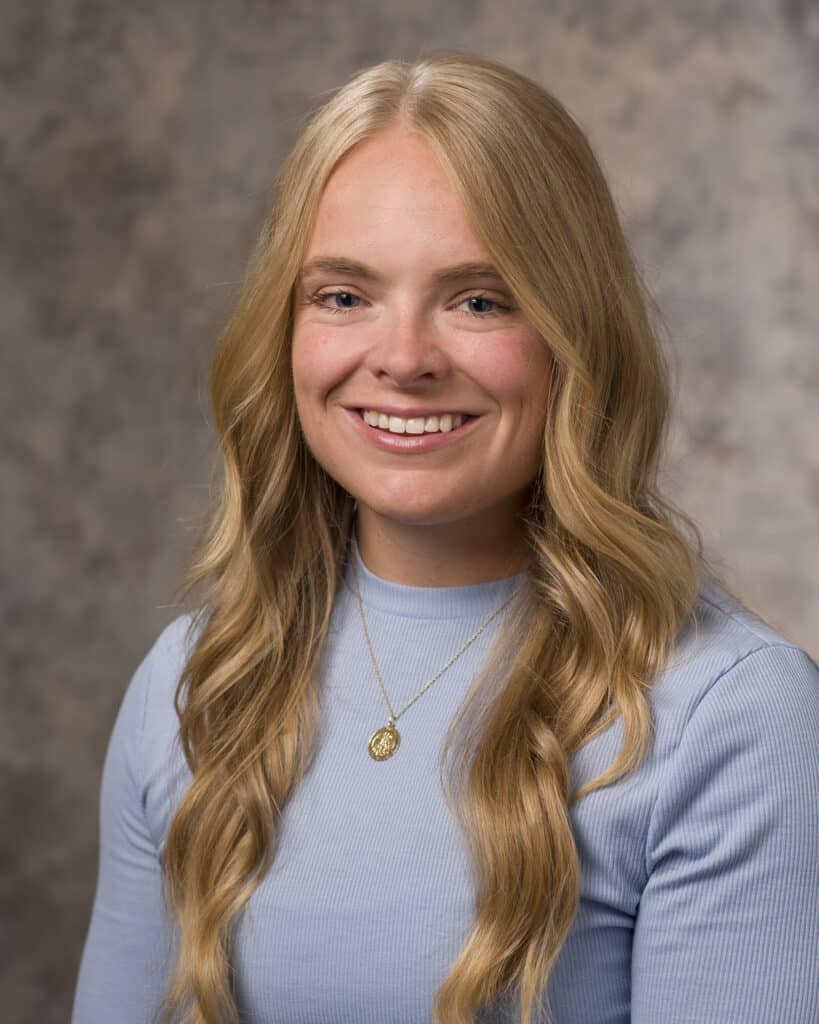
Additional Resources
Why a park?
Steuben County has been collecting data to determine the best use of the time, talents, and treasure to invest in our community. Click each linked logo to see how Sheets Family Park will benefit each sector.
Cameron Hospital recently worked with area leaders and the Indiana Rural Health Association to complete a study of area health needs. The IRS requires hospitals to conduct a community needs assessment and demonstrate responsiveness to the identified needs every three years in order to maintain tax-exempt status. We believe this assessment is a crucial part of serving our communities.
From May-June 2017 the Steuben County YMCA commissioned Y-USA to study the compelling needs of their community in order to inform their program expansion plans. An online survey instrument was distributed throughout the communities to best identify the top community needs in the areas of youth development, healthy living and social responsibility.
The Angola Parks & Recreation Board and Department has prepared the following 5 Year Parks & Recreation Master Plan with input solicited throughout the year from the community and park users. This plan serves as a working document to help guide the department to fulfill the needs of Angola’s citizens.
Trine University has received a grant of $17.2 million from Lilly Endowment Inc. through its College and Community Collaboration (CCC) initiative. This includes The Sheets Community Park to provide inclusive recreational spaces that encourage physical activity and social engagement for individuals of all ages and abilities.
The Poka-Bache Connector is an 81-mile long State Visionary Trail connecting Pokagon State Park near Angola with Ouabache (pronounced Wabash) State Park near Bluffton. The trail will travel through 4 counties and 7 cities and towns. The trail will connect over 121,000 people, 140 recreational areas, 10 Libraries and 50 schools within 1 mile of the trail.
The Steuben County Economic Development Corporation’s 2020 Steuben County Final Housing Study asses the needs of each demographic the area.
In October of 2023, SCCF facilitated its first Poverty Simulation. During this event, community leaders were placed into groups and given tasks to survive each “week” or round of the simulation. The purpose of this simulation is to bring awareness to the reality of our neighbors and join forces in creating a process for these individuals to succeed.










